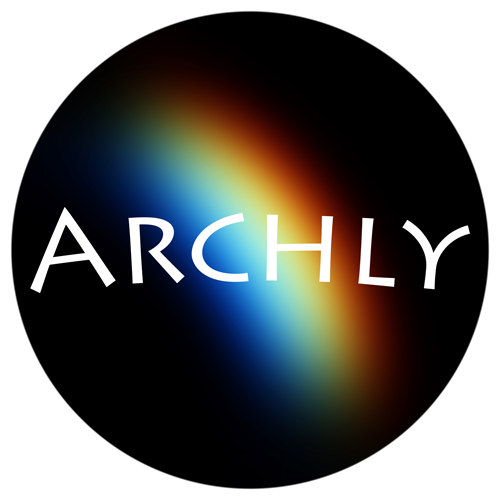
OpenBook
Openbook is a decentralized exchange platform with open-source repositories focused on Rust-based development.
Overview
Openbook is a decentralized exchange (DEX) platform designed for developers building decentralized finance (DeFi) applications. It provides a collection of open-source repositories primarily written in Rust, enabling teams to build, customize, and deploy decentralized trading solutions. The project emphasizes transparency and community-driven development, with documentation and code available publicly on GitHub.
The platform's documentation guides developers through building and serving the project locally, requiring Rust and mdBook as prerequisites. This setup suggests a focus on Rust-based smart contract or backend development, which is common in high-performance blockchain environments. Openbook targets DeFi developers who want to leverage a modular and open DEX infrastructure that can be integrated or extended within their own projects.
What differentiates Openbook is its open-source approach combined with Rust tooling, which can offer performance and safety benefits over alternatives that rely on other languages. Although specific adoption metrics and integrations are not publicly detailed, the availability of 13 repositories indicates active development and modular components. Developers can get started by cloning the repositories, installing Rust and mdBook, and following the build instructions to explore or customize the DEX platform.
The Problem
Developers building decentralized exchanges face challenges in accessing performant, secure, and modular open-source infrastructure that can be customized to specific DeFi use cases. Many existing DEX solutions are either closed-source or limited in flexibility for integration and extension.
The Solution
Key Features
Comprehensive documentation
Includes detailed build and serve instructions using Rust and mdBook to facilitate local development and exploration.
Key Strengths
OpenBook Alternatives
Explore web3 competitors and apps like OpenBook.

PancakeSwap DAO
Pricing
Open Source | |
|---|---|
| Price (Monthly) | Free |
| Price (Annual) | Free |
| Messaging | N/A |
| Support | Community support via GitHub |
| Analytics |
Start Building Now
Reliable RPC, powerful APIs, and zero hassle.
Resources
Openbook provides a GitHub repository with 13 projects and detailed documentation for building and serving the platform locally using Rust and mdBook. These resources support developers in exploring and customizing the DEX infrastructure.








